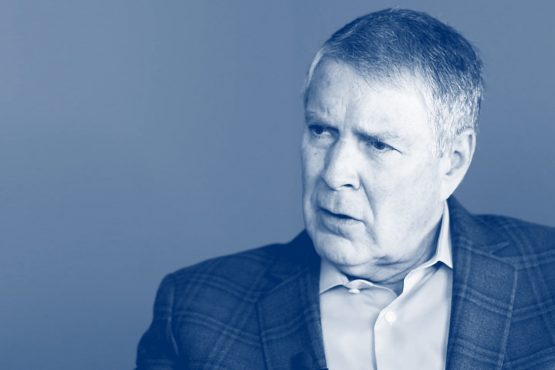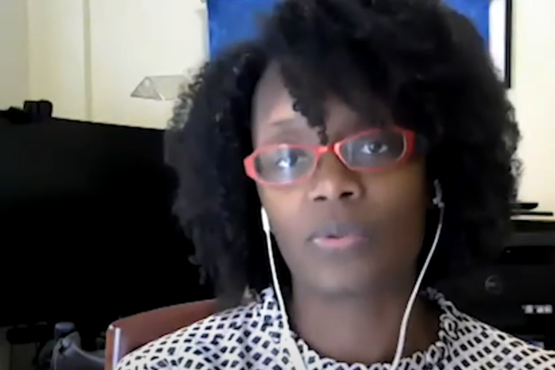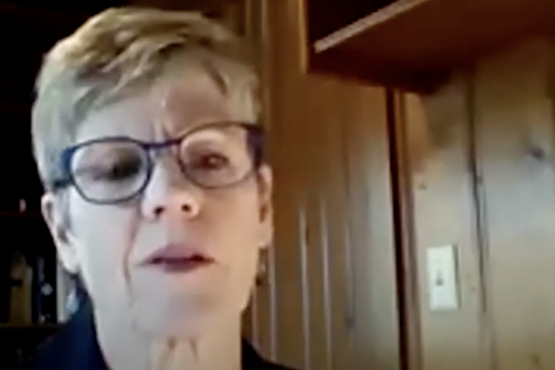A few days ago I said, “social distancing and sheltering in place, though necessary and lifesaving for many, created intolerable hardship for others.” I ran into Rich Besser, CEO of the Robert Wood Johnson, and here’s what we talked about.
While I have advocated publicly that we ALL stay at home to slow the spread of the coronavirus and have issued urgent calls for more protective medical equipment for our nurses and doctors, we know that the crisis we are facing isn’t just medical.
No, it’s much more. There are painful cultural and economic human costs associated with these essential, public health policy measures.
The vulnerable populations in this pandemic are not only the medically at-risk, but children who depend on school breakfasts and lunches. Hourly workers who have no sick days or childcare. Rural and native populations who are far removed from healthcare facilities. People experiencing homelessness, or who are incarcerated and have no freedom to practice social distancing. The elderly and disabled whose support systems are compromised.
Every one of us is feeling the stress of these uncertain times. But the greatest strains fall on particular demographics because of a specific economic, or social or health status.
If we don’t empower everyone, including the most vulnerable among us, with the ability to follow the government’s and the CDC’s sweeping recommendations, the recommendations are, effectively, just words … words impossible to implement.
Our elected representatives in Washington and in our state houses must enact policies that give everyone … everyone … the opportunity to protect their health and the health of their communities …and we as private citizens in our own individual ways can help as well.
At the federal level, there are fundamental, universal supports that can reduce the short and long-term impacts of the pandemic. Let’s let our elected officials know we expect them to act on these issues now. Among those supports are: eviction and foreclosure protection, full health insurance coverage during the pandemic to help keep people from getting sick (from either COVID-19 or anything else)—to keep them out of the health care system, more complete funding for Medicaid, and food security to maximize everyone’s ability to fight disease and remain well.
While practicing social distancing ourselves at home, we can still invest in our community economies by ordering take out from local restaurants, buying gift cards at our favorite stores and restaurants for use in the future, and donating to local foodbanks and supporting neighborhood meal programs. Follow the businesses you usually frequent on social media to see if they are offering special services or packages. If you can, keep paying for memberships and subscriptions, even if services have been suspended. By doing so You are making important investments in these businesses’ futures and allowing them to keep their staff employed.
Hear more on the 2019 novel coronavirus pandemic and the recommended steps to keep you and your family safe with our continuing COVID-19 series:





